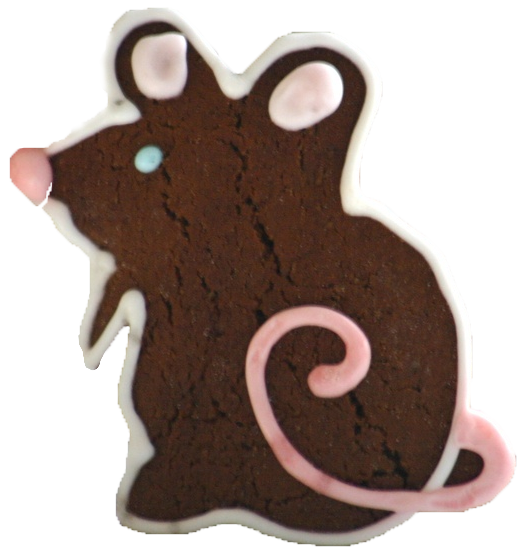An occasional article with one question put to six fanciers encom- passing a range of views, knowledge and experience rele- vant to the art of fancy mouse ex- hibiting. I received six replies from the six fanciers I canvassed, alt- hough one felt underqualifed to give comment, and one has not submitted a piece. Thanks to all six for the response.
Question: What Makes a Good Judge?
Stuart Smith
1/ Someone who has good experi- ence of showing and winning with their own mice
2/ Someone who knows how to handle their own and other peo- ple’s mice.
3/ Someone who has regularly watched the judging, and steward- ed for other judges.
4/ Someone who can concentrate on the job.
5/ Always study the standards carefully, know what the main faults are for each variety, and have confidence in your decisions.
Phil Hall
1/ Know the standard. Ensure they know the standard for all varieties so that they feel sufficiently capa- ble of judging them correctly
2/ Have experience. Before joining the judging panel, they should sit and watch and (if possible) stew- ard for as many experienced judg- es as they can.
3/ Have confidence. A good judge must have the confidence to put on a white coat and sit behind the judging table and feel confident that they can assess each mouse in the class.
4/ Assess the good points. Ensure they know all the good points to look for – colour, type, condition, markings on marked mice, size of ear and tail etc.
5/ Assess the faults. Ensure they look for faults that can be missed. Bent nose, no whiskers, chips/ holes in ears, correct eye colour, blind in one or both eyes, no lumps or bumps, missing fur, white flecks in coat, moult marks, mis-coloured hairs, tipped and kinked tail, light toenails on dark mice etc.
John Webster
1/ Experience .Breeding and ex- hibiting as many different varieties as possible in all 5 sections.
2/ Very good eye for the minor trip faults.
3/ A good understanding of the breed standards and never be afraid to refer to the standards book.
4/ Be able to communicate with the fanciers observing and making sure your steward knows what and why you are doing.
5/ Be pleasant and make it enjoya- ble to all.
Andrew Leach
1/ A good judge must be confident in their actions and fair, without prejudice or favouritism.
2/ They must have a keen eye for detail and be able to see the slight- est of differences between mice.
3/ Should have a good under- standing of the NMC standard required for the animal or class being judged. The judge should have a clear vision of the standard which should be kept as near to the standard as possible and imperfec- tions placed accordingly.
4/ They must be able to make short but understandable notes on class entries. It’s also useful to be able to remember what gives one exhibit the edge over another in large and similar classes.
5/ They should have the ability to remain calm, unhurried and fo- cused and not be easily distracted or influenced by onlookers/ exhibitors.
6/ A good judge should be able to give adequate and understandable reason for their decision on class placing/disqualifications in a calm and unoffending way.
7/ The judge should be able to work hand in hand with the ap- pointed steward. A great judge helps make a good steward and a good steward helps make a happy and relaxed judge and a great day out for all.
 We use cookies to ensure that we give you the best experience on our website. If you continue to use this site we will assume that you are happy with it.
We use cookies to ensure that we give you the best experience on our website. If you continue to use this site we will assume that you are happy with it.
0 Comments